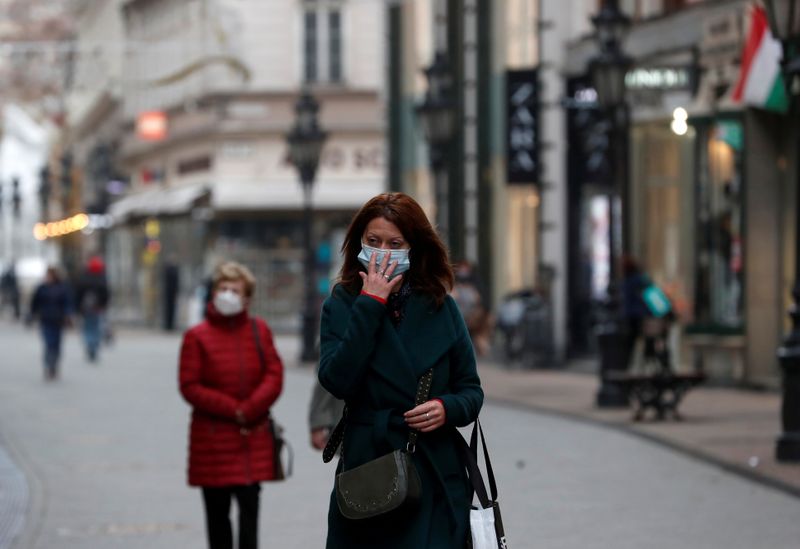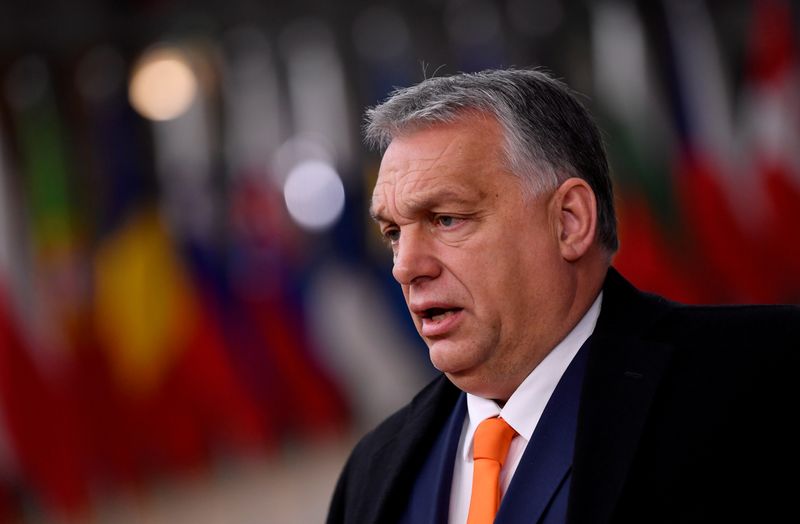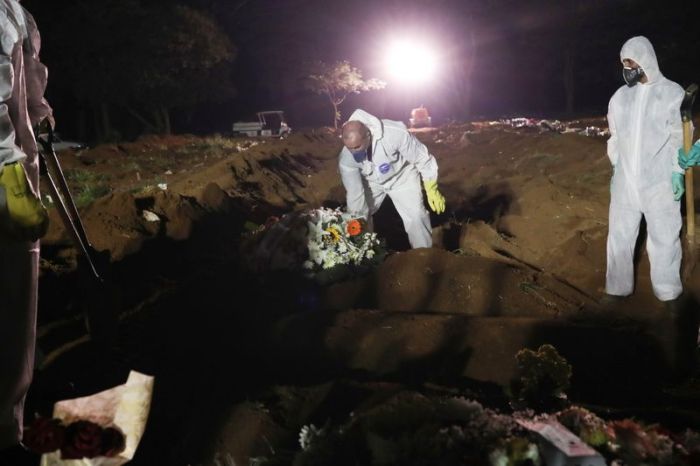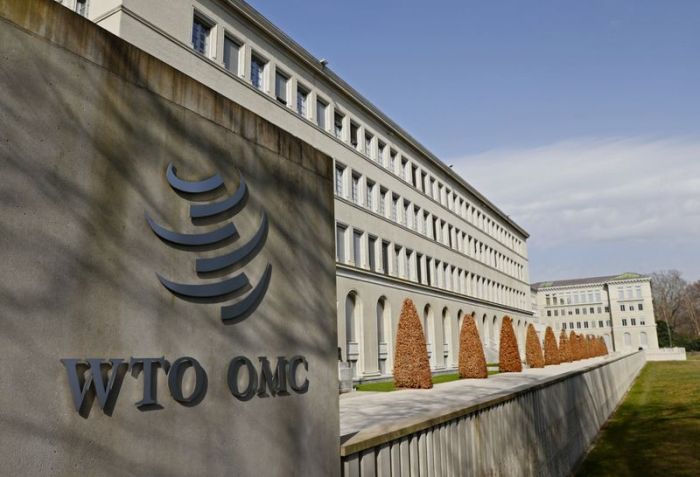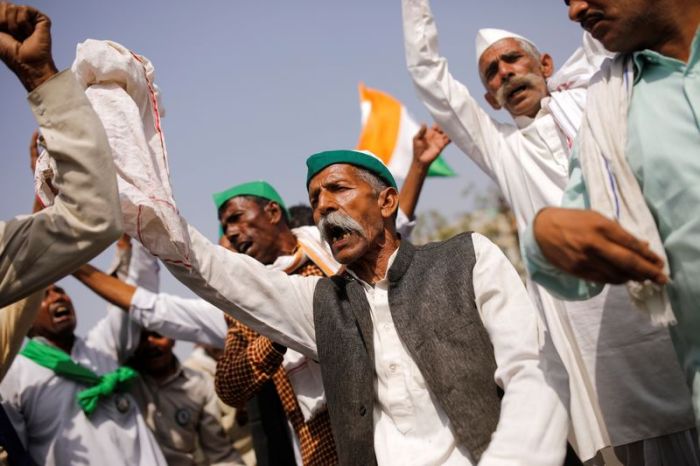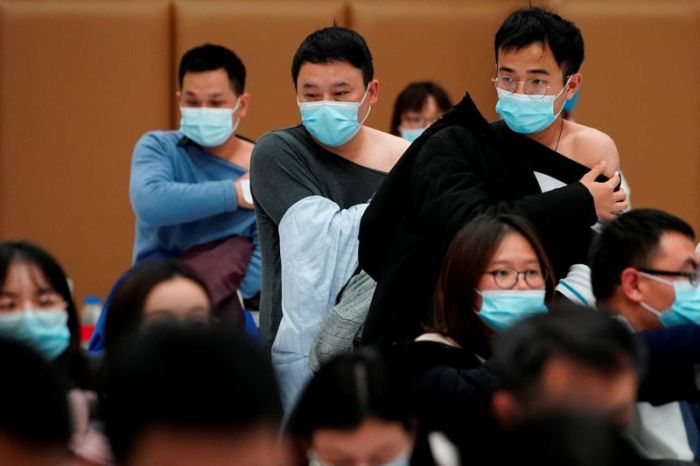BUDAPEST (Reuters) – A record rise in coronavirus infections and deaths keeps Hungary from loosening lockdown measures, Prime Minister Viktor Orban said on Friday before his government discussed plans to reopen the economy.
Partial reopening may begin after Easter, once a quarter of the population is vaccinated, the government decided, a senior Orban aide said.
Hospitals are under “extraordinary” pressure in Hungary, a hot spot as the pandemic hits Central Europe especially hard.
Orban, who faces elections in 2022, is balancing the world’s highest daily per-capita coronavirus death rates, according to Johns Hopkins University, with a need to open the economy to avoid a second year of deep recession.
“The next 1-2 weeks will be hard,” Orban told state radio.
Hungary reported a record high daily tally of 275 COVID-19 deaths and 11,265 new infections on Friday. Hospitalisations and people on ventilators are also at an all-time high with doctors comparing the situation to the global pandemic’s worst days.
The premier’s chief of staff said in a televised statement that the government considered business groups’ proposals and decided to wait until first vaccinations reach at least 2.5 million of the country’s 10 million people.
That should come a few days after Easter Monday, Orban’s chief of staff, Gergely Gulyas, said.
“We need one last big effort to make it through the peak of the pandemic’s third wave,” Gulyas said.
Once the milestone is passed shops can remain open until 9:30 p.m. and a nighttime curfew will start at 10 p.m. instead of 8 p.m. now, Gulyas said. The number of people allowed at one time will be limited in shops.
Services can reopen partially. Teachers and school staff will be inoculated to allow schools to reopen on April 19.
Two-thirds of those elderly people who registered, and a total of 1.8 million people, had received a first shot already, Orban said.
The Hungarian Medical Chamber warned people earlier this week to observe strict social distancing.
(Reporting by Budapest bureau; Editing by Toby Chopra and Steve Orlofsky)

